MusicRadar Verdict
While all of the stands and pedals are made in Taiwan, they have been designed in Britain, so they tick all boxes in terms of quality, value and homegrown input. The single-braced stands do not deserve to be dismissed as lightweight - they are solid enough for all but the most heavy handed of players.
Pros
- +
Well specified stands and pedals that are competitively priced.
Cons
- -
Why is there no stool included in the bundled hardware packs?
MusicRadar's got your back
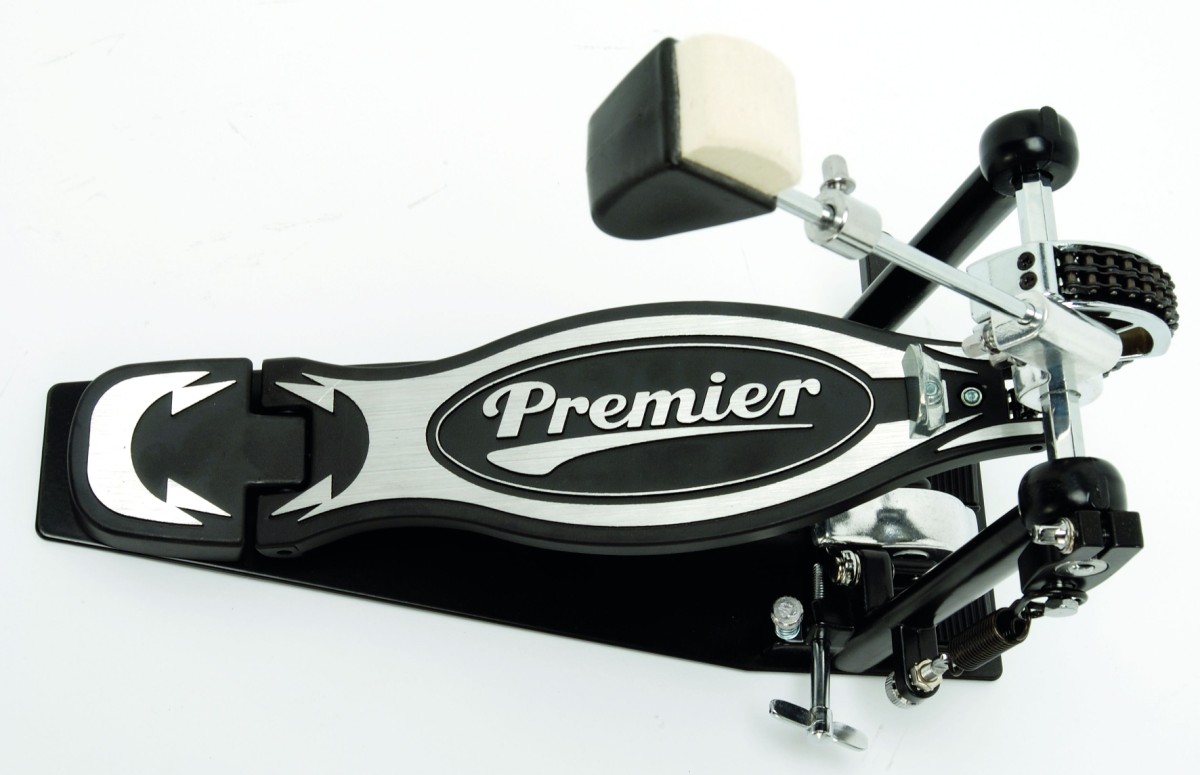
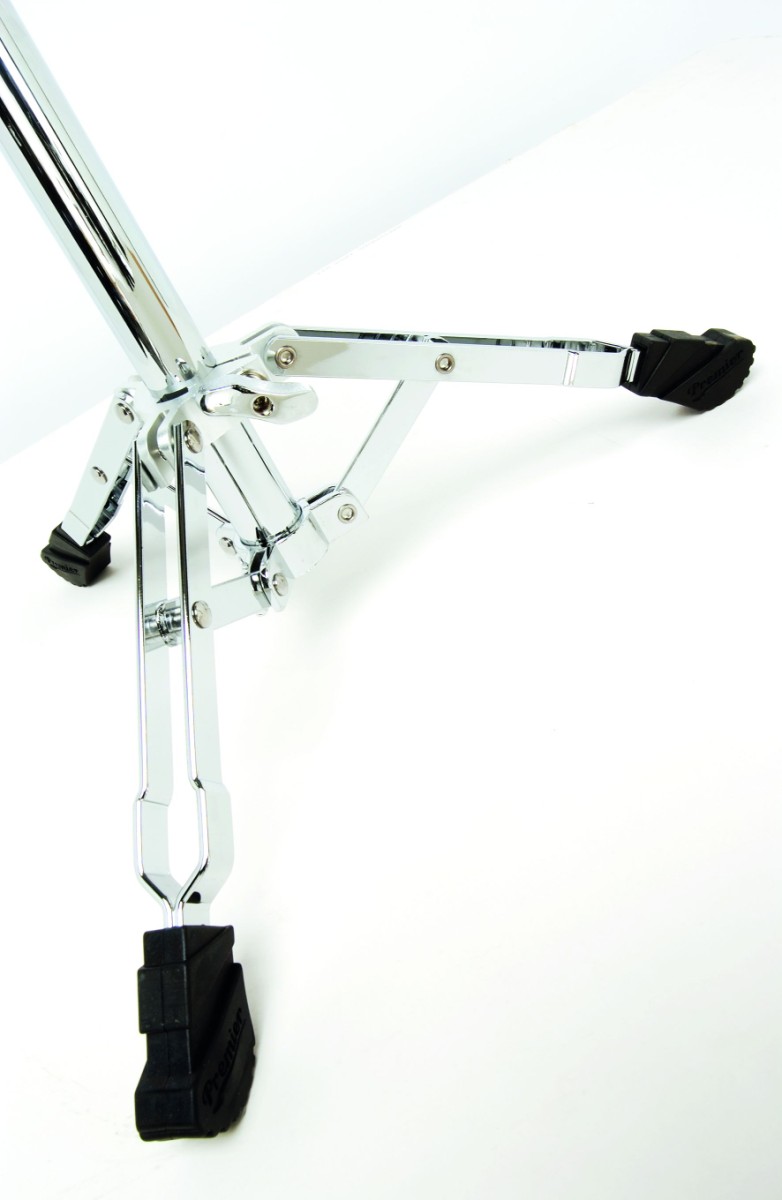
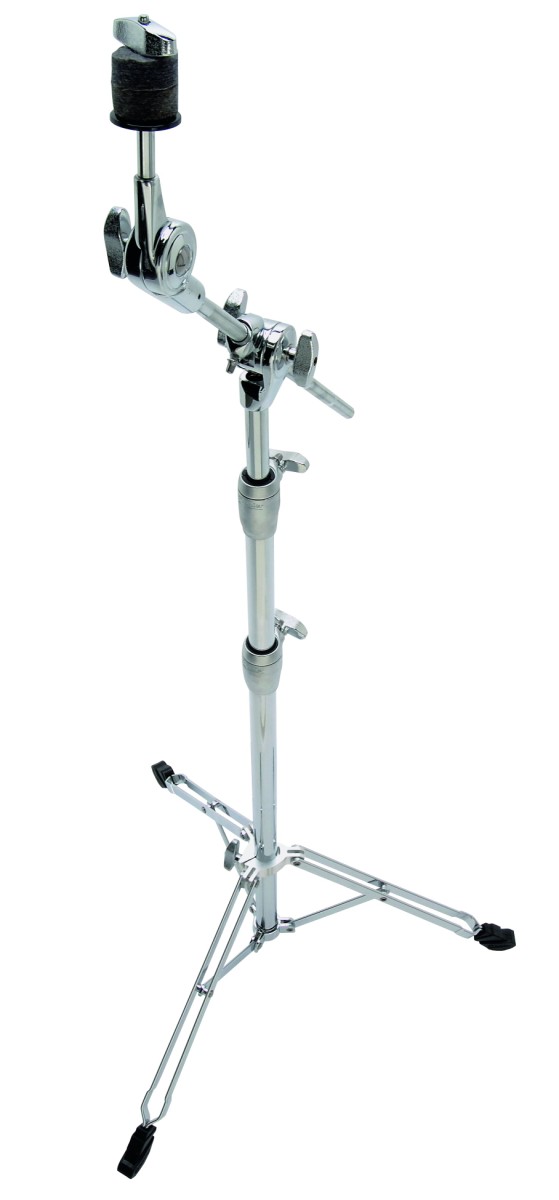
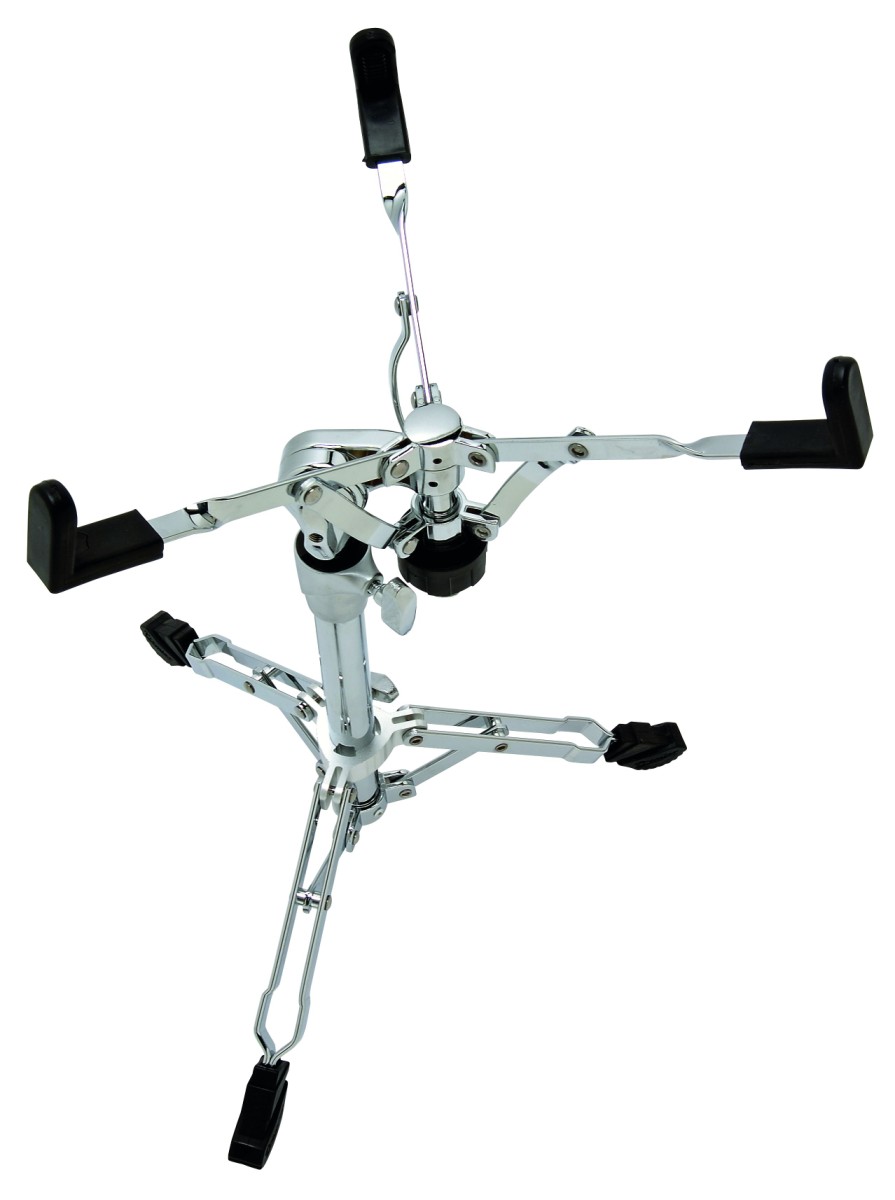
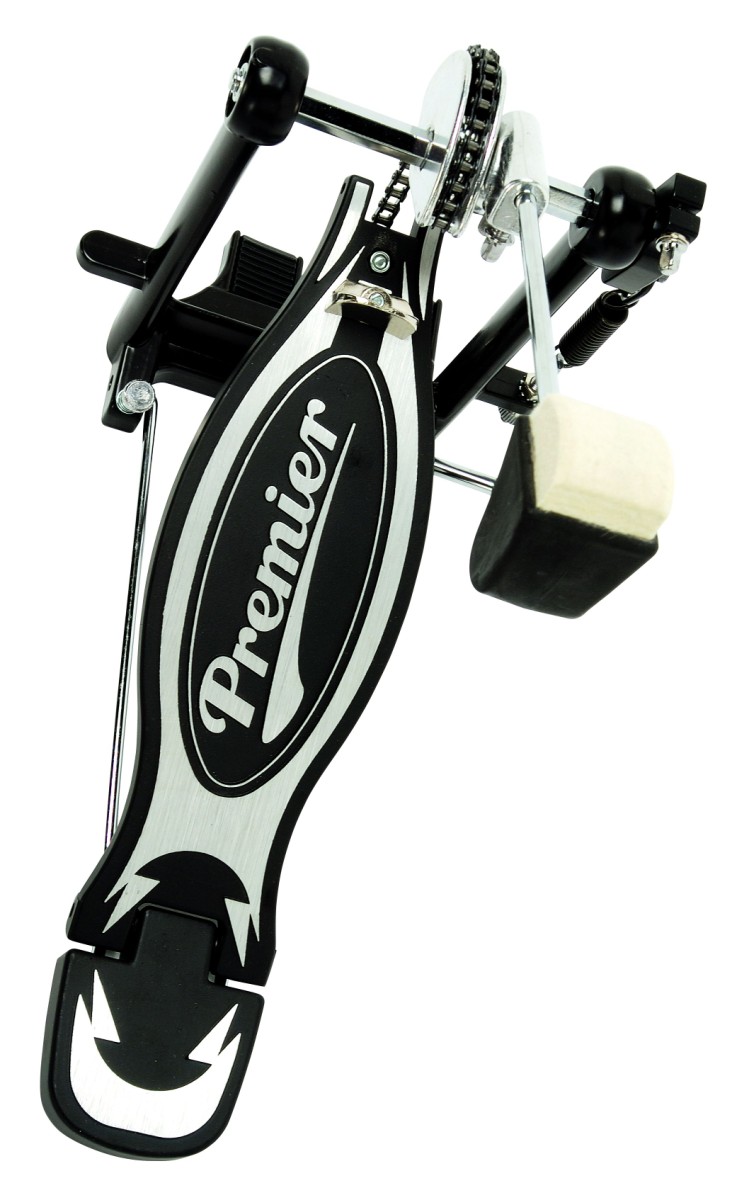
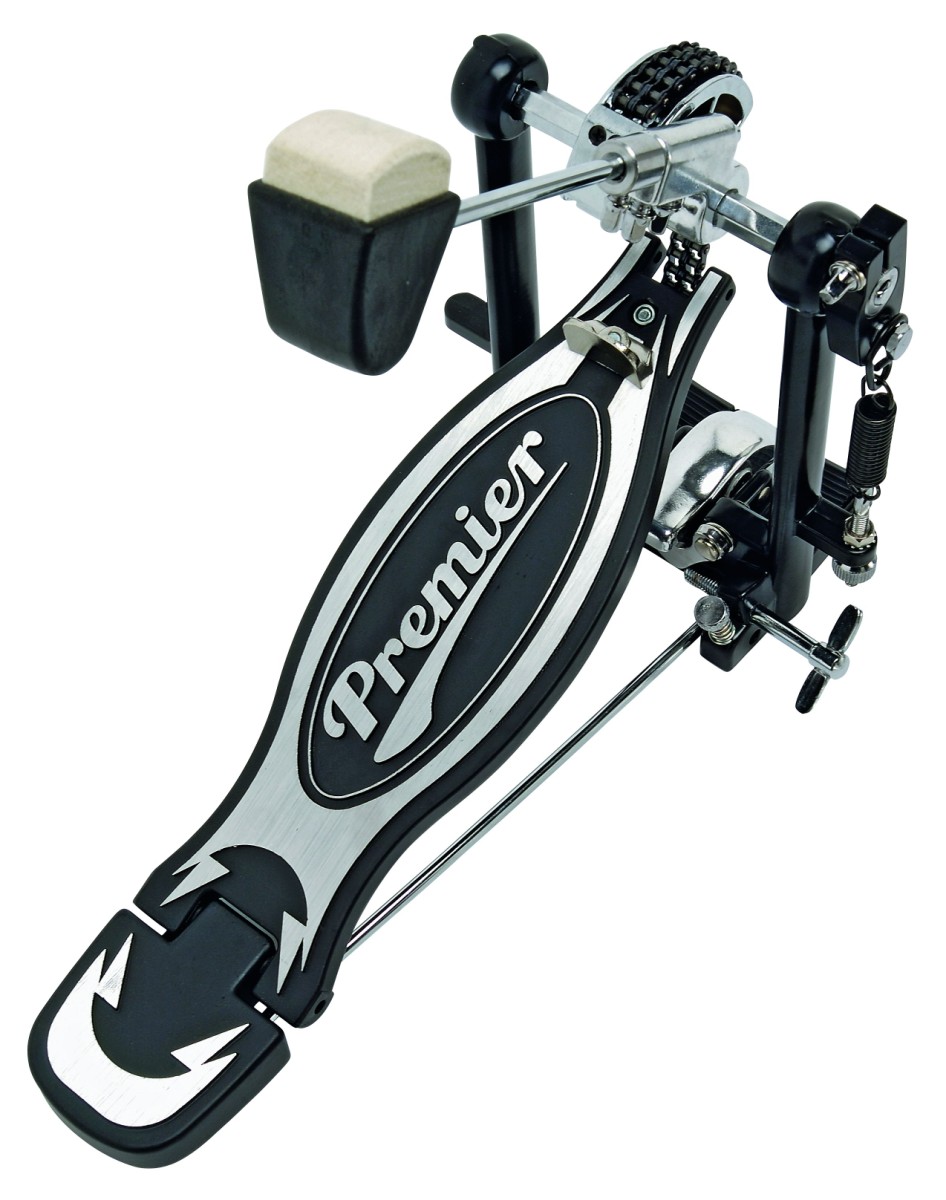
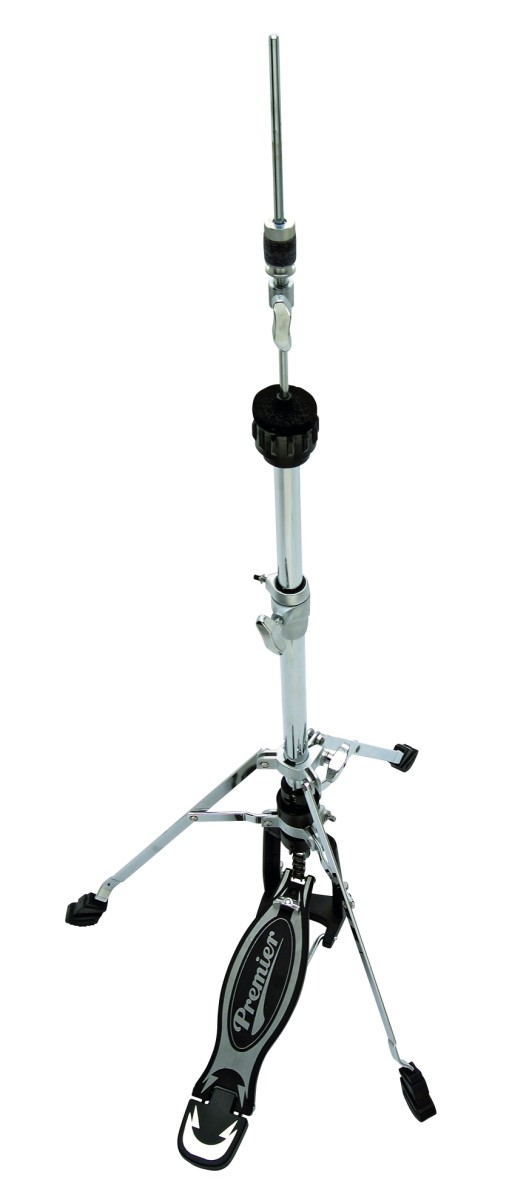
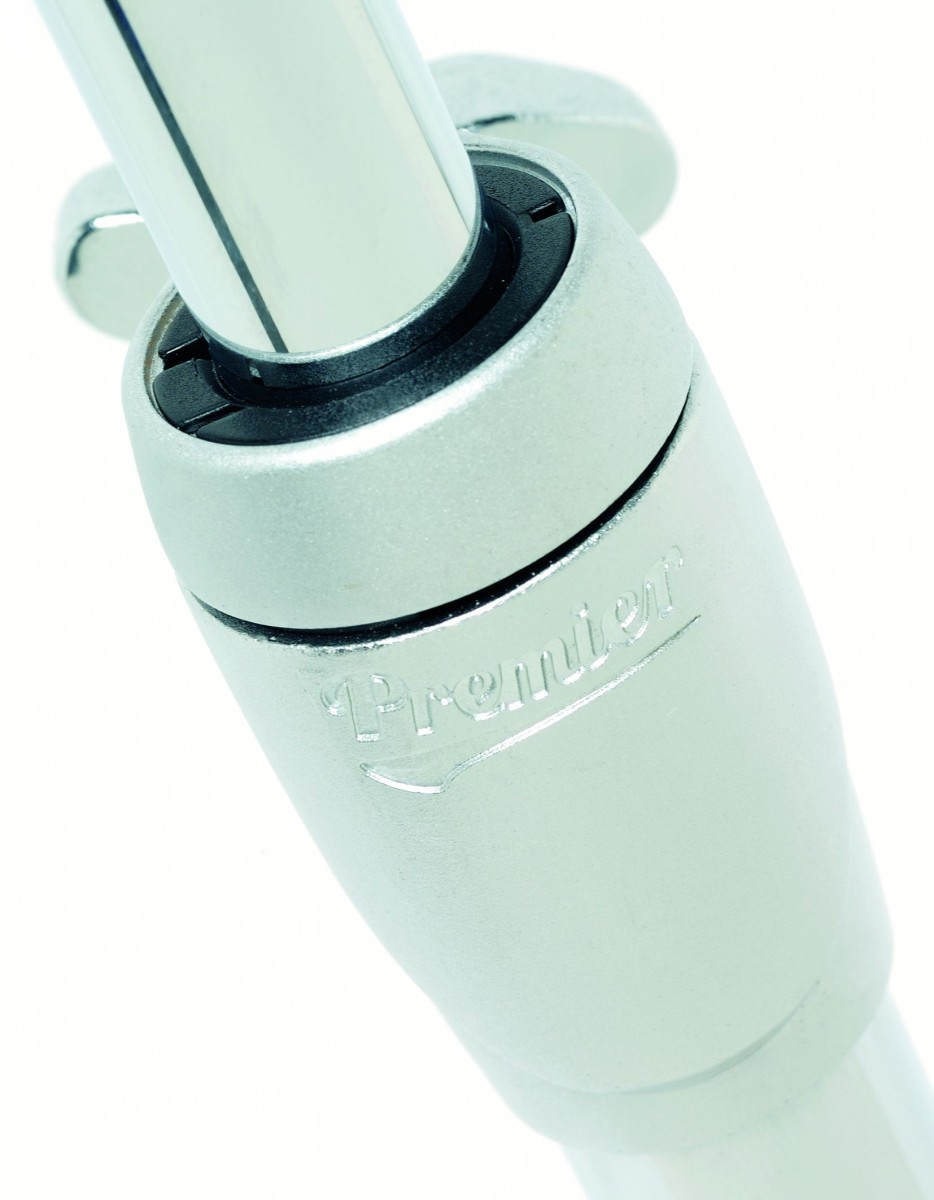
Premier's 2000 and 4000 Series stands and pedals boasts modern designs and a multitude of features. They replaced existing ranges and are, according to Premier's creative manager Colin Tennant, a vast improvement.
Above the 2000 and 4000 Series, Premier's top flight 6000 Series was also similarly upgraded. For the time being though, our attention can be turned to the stands and pedals of the 2000 and 4000 Series.
Young, free and single-braced
The two hardware series are principally separated by tripod weight. The stands in the 2000 range all feature single-braced legs, while those in the 4000 range sit on heavier double-braced examples. Obviously the pedals do not have tripods, but similar distinctions keep them apart.
The stands of both ranges all share a newly designed ferrule - the joint at the top of each tubing section that tightens in order to lock the tubing in place. The ferrule is further enhanced by a new integrated memory lock that sits on top. Both the ferrules and the memory locks, along with parts of the tripod are finished in Satin Chrome and contrast well with the brilliant Diamond Chrome finish of the other components.
The ergonomically shaped wingnuts found on the stands feature a pitted-style finish not unlike that of the satin found elsewhere, and they too contribute to an overall impression of careful design. Other pleasing details include the swirly Premier logo impressed into each of the rubber feet on the stands and curved boom arm memory locks that follow the shape of the circular boom locking assembly on the boom stands.
The most innovative feature of the stands is the capacity of the tripods to splay until the legs are flat. This gives them a retro look that is reminiscent of old-fashioned fold-down tripods.
The inspiration behind the design was more practical than nostalgic, however. In these days of expanded set-ups and the accompanying forest of stands, finding the space to plant a tripod can become an issue. In such a situation, a flat tripod could be overlapped by several normal stands with ease.
The tripods do function in a regular manner as well, but the ability for the legs to be pushed flat in this way can only increase your options. The tripods of the 4000 Series stands, despite being double-braced, can perform the same trick (the tripods of the 6000 Series stands are equally capable as well).
Making adjustments
The redesigned ferrule incorporates not one, but two sockets for the tooth of the memory lock to locate into. Spaced 90º apart, they offer the choice of a visually linear effect, whereby the memory lock is directly in line with the ferrule wingnut. This is recommended for players who set the stand up once and rarely make further adjustments.
For those who adjust the stand more regularly, the second option, in which the memory lock is more readily accessible, is more suitable.
There are four different stands in both series: a snare stand, a hi-hat stand, an upright and a boom cymbal stand. The 2000 Series snare stand provides a good reach in terms of height and the rubber tipped arms of the cradle can grasp drums down to a fraction above 10" in diameter, making it suitable for all but the smallest of effects snares.
Its tilter is stepped quite finely, making small adjustments of angle possible. The 4000 Series model sports all of the same attributes, but feels marginally more stable on account of having a heavier, double-braced tripod.
The two hi-hat stands are distinguished not only by their respective tripods, but also by their spring tension adjustments.
The 2000 Series stand incorporates a knurled plastic dial that can be lifted and turned into each of its four slots, much like a gearbox. The four slots progress through varying levels of tension, from relatively firm to very firm. In comparison, the 4000 Series stand's tension adjustment is controlled by a similar dial that is threaded and turns through a wider range of feels. It can also be set at any point within the spectrum.
Both stands are chain driven and feature the same generous footplates that are found on the bass drum pedals. The tripod legs don't splay flat in the manner of the other stands due to the spring assembly, but they do swivel to allow room for a second pedal.
At the top of the stands, the seat for the bottom hi-hat cymbal is a really neat design. Made up of two parts, it allows the cymbal to be supported flat or through a whole series of angles and can be instantly adjusted from one extreme to the other. In use, both stands are quick, quiet and fluid and also have an impressively lofty maximum height setting.
The cymbal stands are all very similar from the tripod upwards, with the 4000 Series models offering a little more in overall height. All of the stands feel very sturdy and capable of taking any combination of heavy cymbal/violent player in their stride.
Quick step
Of the four pedals here, only one, the 204 model, belongs to the 2000 Series. The other three (the 205, 206 and 207 respectively) are all - somewhat confusingly, given their code numbers - 4000 Series pedals. Chain drive and offset hoop clamp wingnuts are features shared across all of the models. Through the standard 204 and 205 pedals to the deluxe single 206 and double 207 models, all of the pedals are well appointed and perform eagerly.
Premier is a great British name in the world of drums and it is difficult not to feel stirrings of national pride when presented with the company's products. That said, this is a very capable selection of stands and pedals that any manufacturer would be pleased with. They are also very keenly priced, and bundled packs that include all four stands and a pedal are also available, offering even better value.
MusicRadar is the number 1 website for music makers of all kinds, be they guitarists, drummers, keyboard players, djs or producers...
GEAR: We help musicians find the best gear with top-ranking gear round-ups and high- quality, authoritative reviews by a wide team of highly experienced experts.
TIPS: We also provide tuition, from bite-sized tips to advanced work-outs and guidance from recognised musicians and stars.
STARS: We talk to musicians and stars about their creative processes, and the nuts and bolts of their gear and technique. We give fans an insight into the actual craft of music making that no other music website can.
“An incredible experience that went beyond just teaching music”: The UK’s biggest free music making weekend is extended to four days
“This time it’s all about creativity… Go crazy. Do whatever you wanna do with it”: Budding luthiers, assemble! Harley Benton’s DIY Kit Challenge is now open and there are prizes to be won
"At first the tension was unbelievable. Johnny was really cold, Dee Dee was OK but Joey was a sweetheart": The story of the Ramones' recording of Baby I Love You










